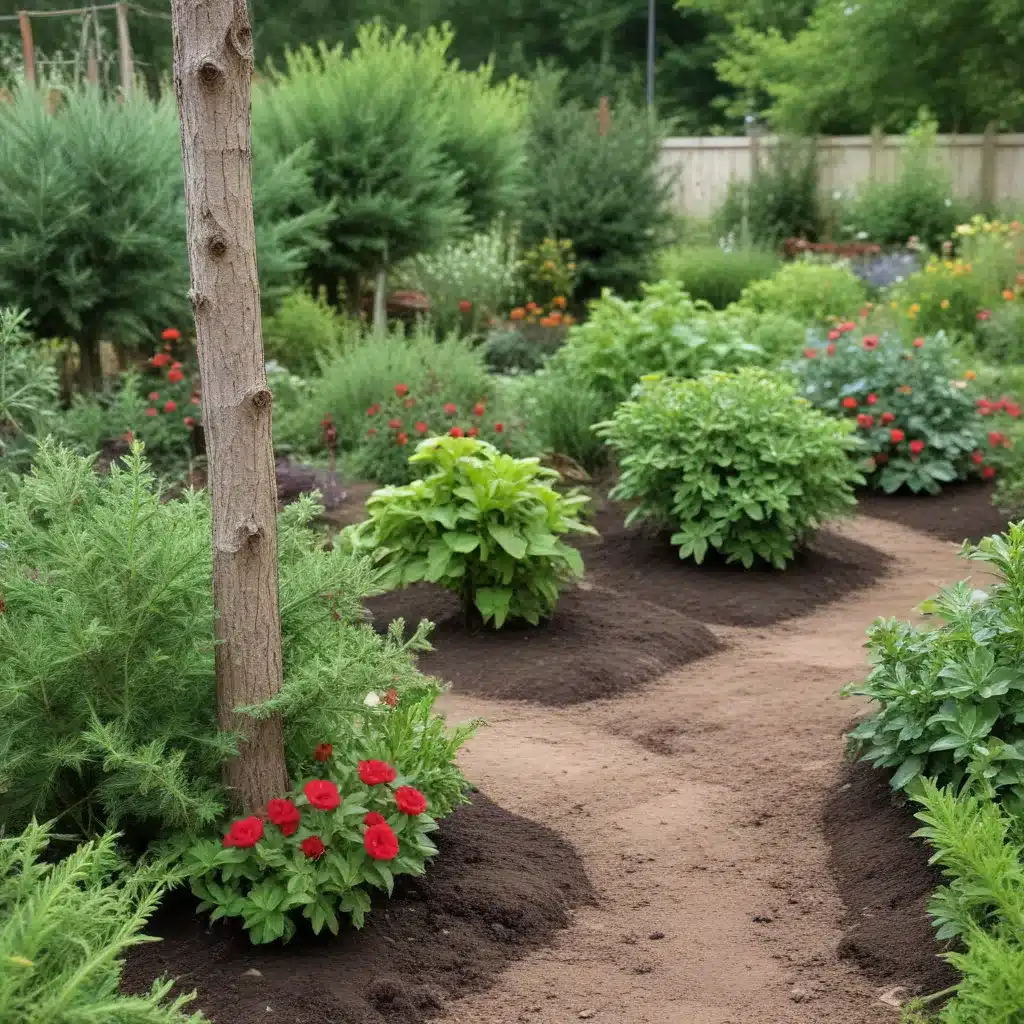
At Crooked Pines Farm, we believe gardening is a truly life-changing experience, especially for kids. Watching seeds sprout, flowers bloom, and veggies ripen allows children to connect with nature in a hands-on, meaningful way. Whether you have a sprawling backyard or a few containers on a patio, growing your own garden can cultivate a sense of wonder, teach valuable lessons, and nourish both the body and soul.
Garden Essentials
Before you start planting, it’s important to establish the right foundation. Assess your available space, sunlight exposure, and soil quality – these factors will determine which plants to select and how to organize your garden layout. If you have sandy or clay-heavy soil, consider amending it with compost or aged manure to improve nutrient content and drainage. Raised beds are a great option for controlling soil composition and preventing compaction.
Once your beds are ready, it’s time to choose your plants. Selecting a mix of annuals, perennials, and edibles will ensure year-round interest and productivity. For kids, try planting fast-growing favorites like sunflowers, beans, and cherry tomatoes that provide a sense of achievement when harvested. Don’t forget herbs, which make great educational and culinary additions.
Planting Strategies
When it comes to planting, timing is key. Pay attention to your region’s frost dates and optimal sowing windows to give your seeds and seedlings the best chance of thriving. Many cool-weather crops like lettuce, peas, and radishes can be direct sown outdoors, while warm-season plants like tomatoes and peppers may need to be started indoors and transplanted later.
Ensure proper spacing and depth for your seeds and seedlings, following the instructions on seed packets. Gently firm the soil around each plant to eliminate air pockets. If transplanting, water the seedlings well before and after moving them to reduce shock. Mulching around plants helps retain moisture and suppress weeds.
Maintenance and Care
Regular maintenance is essential for a healthy, productive garden. Watering requirements vary by plant, soil, and weather conditions, so monitor your garden closely. Aim to keep the soil moist but not waterlogged. Weeding by hand or with a hoe helps your desired plants thrive by eliminating competition for nutrients and water.
Mulching with organic materials like straw, leaves, or wood chips serves multiple purposes: it retains moisture, insulates plant roots, and gradually breaks down to feed the soil. Rotate your mulch annually to replenish nutrients. An ounce of prevention is worth a pound of cure when it comes to pest management. Encourage beneficial insects like ladybugs and lacewings, and use natural deterrents like garlic or neem oil to ward off unwanted pests.
Harvesting and Storage
Timing the harvest is critical for maximum flavor and nutrition. Check seed packets or online resources to determine the optimal maturity for each crop. Regularly check your plants and pick produce when it’s at its peak. Many veggies taste best when harvested in the morning after the dew has dried.
Once harvested, proper storage ensures your bounty remains fresh and flavorful. Leafy greens and herbs do best when refrigerated, while tomatoes, peppers, and eggplants retain quality at room temperature. Freeze, can, or dehydrate excess produce to enjoy garden-fresh flavors year-round. Don’t forget to save some seeds for next season’s planting!
Sustainable Gardening
At Crooked Pines Farm, we are committed to eco-friendly, regenerative gardening practices that nurture the soil and minimize our environmental impact. One of the best ways to improve soil health is through composting. Set aside a dedicated compost bin or area to recycle kitchen scraps, yard waste, and other organic matter into rich, fertile soil amendment.
Another key sustainable strategy is water conservation. Utilize drip irrigation or soaker hoses to deliver water directly to plant roots, reducing evaporation. Consider collecting rainwater in barrels for irrigation. And always mulch, mulch, mulch to lock in soil moisture.
Finally, embrace organic pest management and fertilization. Encourage beneficial insects, use natural repellents, and amend your soil with compost or aged manure instead of synthetic chemicals. Your garden, your family, and the planet will thank you!
Specialty Gardening
Not everyone has the space for a traditional in-ground garden. That’s where container gardening, raised beds, and vertical growing come in handy. Containers allow you to grow a variety of edibles and ornamentals, even on a small patio or balcony. Raised beds minimize bending and make maintenance easier, especially for older gardeners or those with mobility challenges. And vertical structures like trellises or cages help maximize limited square footage.
Gardening for Wellness
Beyond the practical rewards of a bountiful harvest, gardening provides immense physical and mental health benefits. Spending time outdoors, getting your hands dirty, and watching plants grow can have a profoundly calming and restorative effect. Numerous studies link gardening to reduced stress, improved mood, and better cognitive function.
And let’s not forget the nutritional value of homegrown produce. Fruits and veggies plucked straight from the garden are at the peak of ripeness and nutrient density. Encourage kids to explore their senses by touching, smelling, and tasting the plants. This “farm-to-table” experience instills a deeper appreciation for where food comes from.
So whether you have a sprawling plot or a few containers, we invite you to start your own garden journey at Crooked Pines Farm. Connect with nature, nourish your body and mind, and witness the awe-inspiring magic of plant life. Happy growing!


